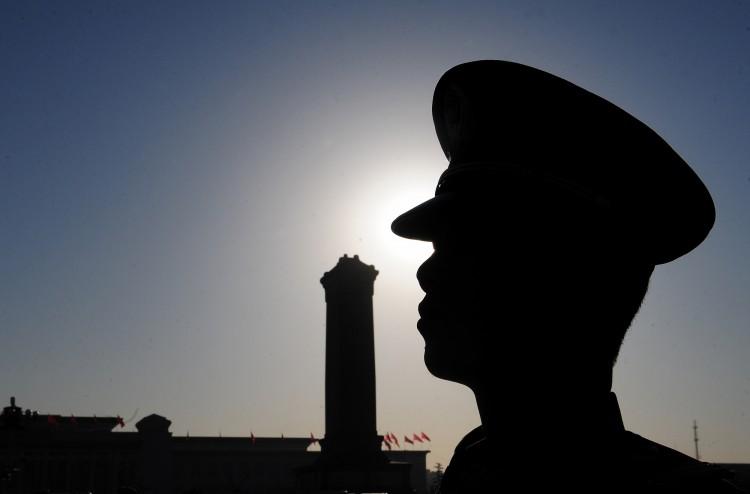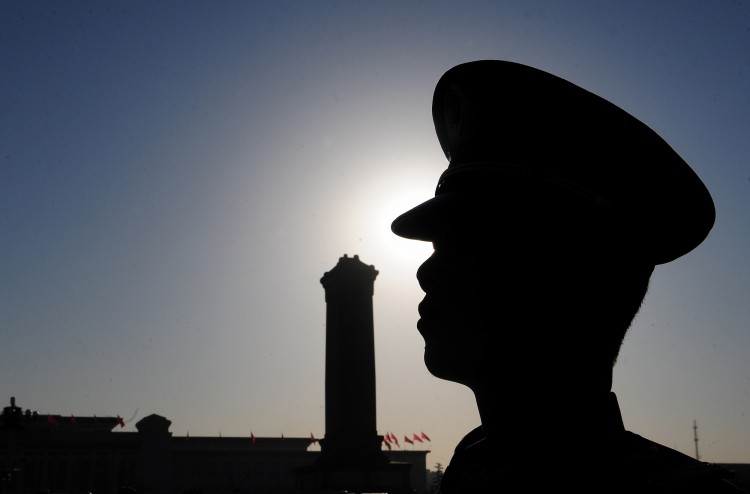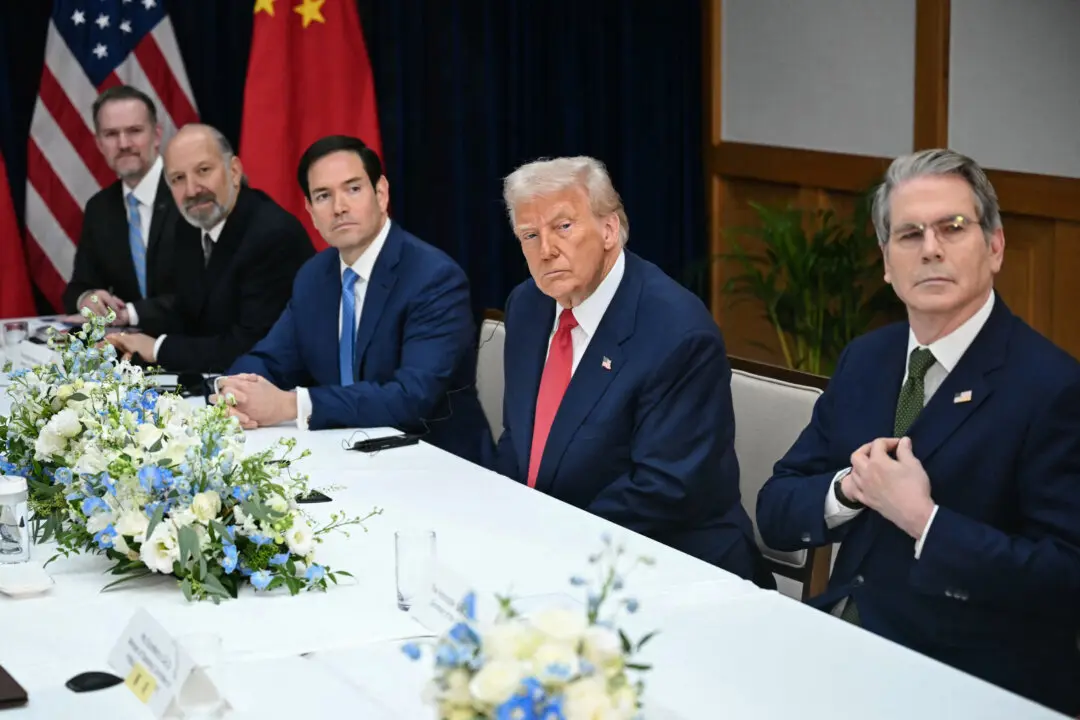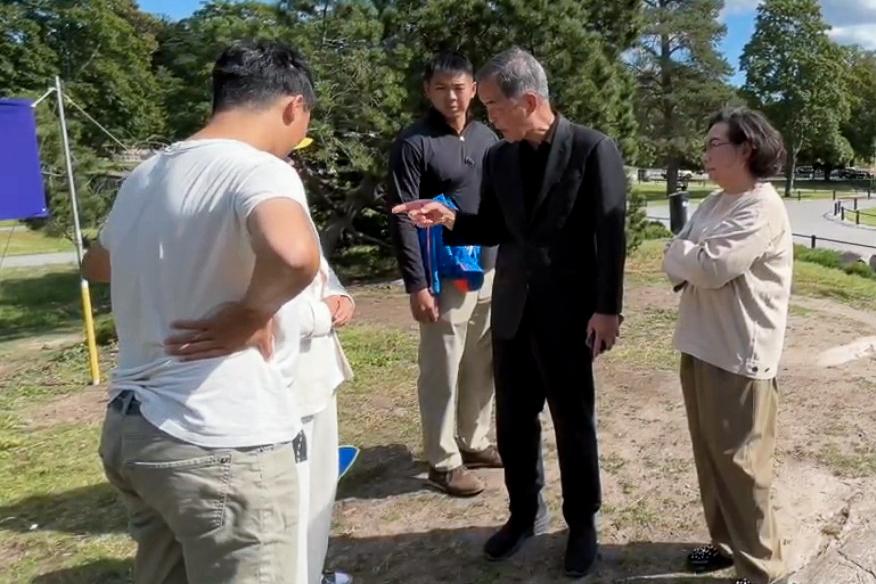No nation can prevent spies from springing up among their own population. But there are certain basic motives that make people less likely to choose to live as strangers in their own land, betraying those they are supposed to serve. The Chinese regime undercuts those motives.
That the secretary to the vice minister of State Security was detained early this year for spying was first reported by Hong Kong Eastern Daily on May 26. The secretary was said to have been recruited by U.S. intelligence years ago in Hong Kong. It was said that he fell into a “honey trap”—seduced into a relationship with a woman and then threatened with exposure—and has sent information out ever since.






